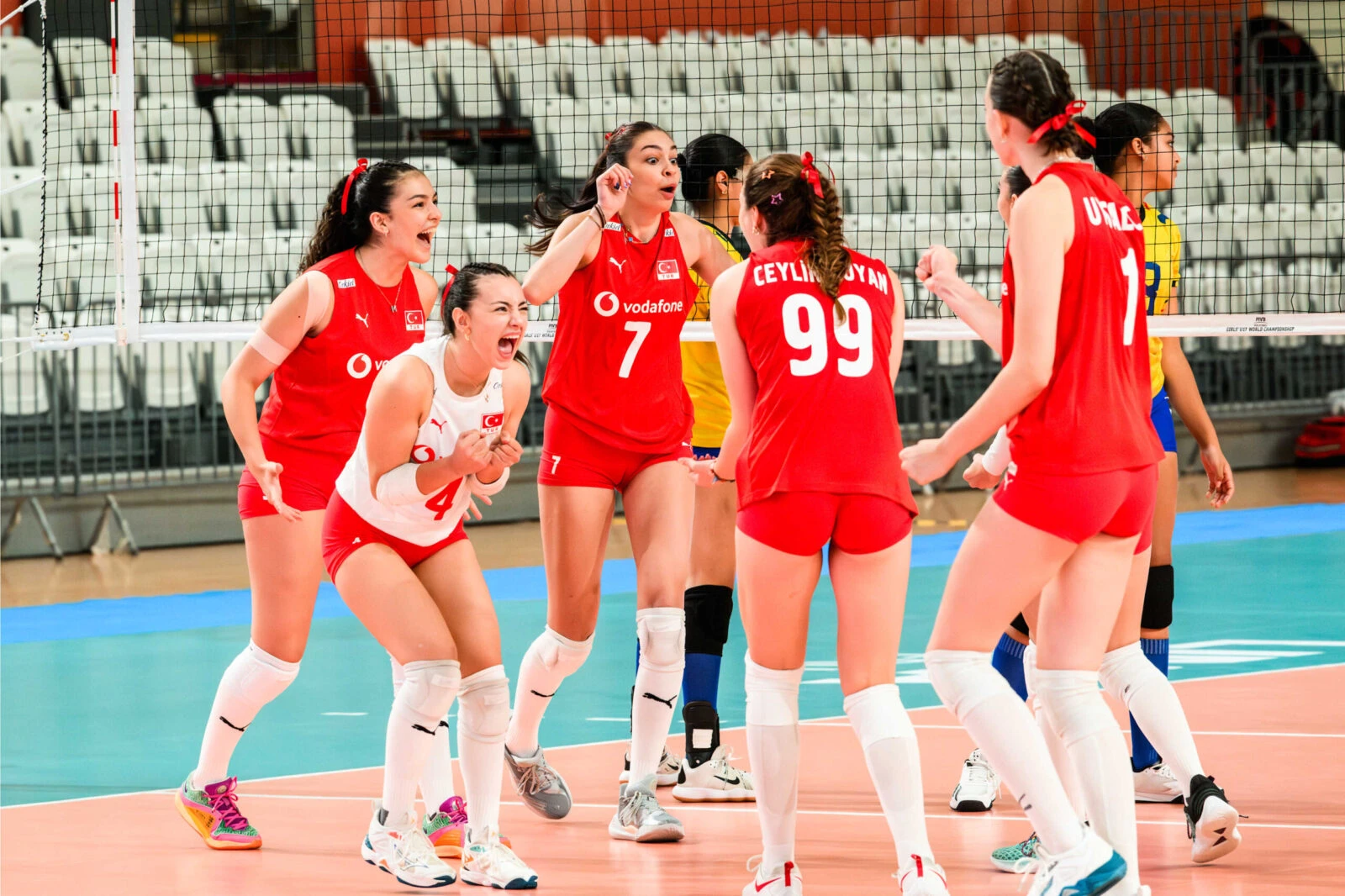Tüpraş oil refinery workers in Turkey protest trade union’s sell-out agreement
Collective bargaining between Turkey’s largest industrial company, Turkish Petroleum Refineries (Tüpraş), and the Petrol-İş trade union ended with the signing of an agreement on Wednesday morning.
The workers of the Izmir-Aliağa and Kocaeli refineries started to protest after a sellout agreement was signed without their knowledge and with their main demands not met.
The workers of the Aliağa refinery marched and blocked the entrance of the refinery after the union branch announced the terms of the agreement and then marched to the Izmir-Çanakkale ring road.
They gathered in front of the Kocaeli refinery and started to march, blocking the D-100 highway. Police tried to prevent the march by setting up barricades and using pepper gas, but they were not successful. After the march, the workers gathered again in front of the refinery and prevented some tankers from passing and service vehicles from leaving.
Workers spent Wednesday night at the factory entrance. The company threatened workers who did not work their shift with dismissal. Its message read: “… it has been established that you have violated the shift order of our workplace by disrupting work discipline and endangering work safety. …. you are warned to comply with the shift schedule. Disciplinary proceedings have been initiated against you for your actions against the law and company rules, and your legal defence will be taken.”
Despite this threat, the workers continued to protest in front of the Kocaeli and Aliağa refineries on Thursday morning, but the protests were later called off.

Loading Tweet …
Tüpraş, owned by Koç Holding, one of the largest capitalist groups in Turkey, operates the Kırıkkale, Batman, Kocaeli and İzmir-Aliağa refineries. During the negotiations for a collective agreement covering more than 3,500 workers, workers at the four refineries protested against the low wage offers of the company.
While Tüpraş, which was privatised and sold for a song by the government of Recep Tayyip Erdoğan in 2006, is making record profits every year, the workers are witnessing a decline in their real wages and living standards. This process takes place with the collaboration of the Petrol-İş bureaucracy, which is affiliated to the Türk-İş confederation.
In recent years, workers have suffered sharp losses in real wages due to the rising cost of living and government and company policies to suppress wages. In April 2025, the official annual consumer inflation rate of the Turkish Statistical Institute (TurkStat) was 38 percent, while the independent organisation ENAG put it at 74 percent. In previous years, real inflation, as measured by ENAG, had long been above 100 percent.
At the beginning of the collective bargaining, the Tüpraş workers had three main demands: an 85 percent wage increase to stop the loss of real wages, seniority rights and a contract every two years. Only a 35 percent wage increase was imposed on the workers and the other two demands were not accepted.
The workers protested not only the failure to meet their demands but also the betrayal of the Petrol-İş trade union of which they are members. Talking to the newspaper Evrensel, a worker said: “What is the point of signing an agreement in the morning when there are so many workers who resist and cannot make a living? For days, the local branch administrators have been shouting ‘we will do this, we will do that’, how will they answer to the workers now?”
Another worker said: “This was not our demand. They have condemned us to misery again. No two-year contract, no pay rise, no seniority rights! What is there? Nothing. How can you sign an agreement that does not include any of our demands?”
A 15-year Tüpraş worker said the trade union apparatus was an obstacle to the struggle and that the workers should take matters into their own hands: “By saying ‘our union has to do it, the union has to plan it’, we have come to this point. If we don’t push, if we don’t insist, this is the result.”
The Tüpraş workers must take matters into their own hands by forming rank-and-file committees to take their struggle forward, calling for support from the working class in Turkey and internationally, especially in the petrochemical sector.
The continuing cost of living increase and the Erdogan government’s policy of driving down real wages have provoked massive social opposition within the working class. In February, the wildcat strike wave of the textile workers in Gaziantep and the protests of the miners in Çayırhan against privatisation already showed the potential for a rapid development and expansion of the struggles within the working class.
In March and April, following the arrest of Istanbul Mayor Ekrem İmamoğlu, millions protested against attacks on democratic rights, particularly the right to vote and be elected.
Strikes and protests are currently taking place in many workplaces. Collective bargaining is going on in different factories in the petrochemical industry. In Izmir, workers at Ravago and TPI Composite are continuing their protests and preparing for a strike, while in Kocaeli, a strike has started at Portakal Plastic.
Meanwhile, workers in many municipalities are fighting for their rights. The workers of Izmir Konak Municipality went on strike on Wednesday. The workers of BURULAŞ, the transportation company of Bursa Metropolitan Municipality, who did not reach an agreement in the collective agreement, will go on strike on 20 May, while around 23,000 workers of İZENERJİ, İZELMAN and Ege Şehir companies of İzmir Metropolitan Municipality will go on strike on 29 May.
Given its strategic position in the energy sector and amid the explosions of social opposition in recent months, the struggle of the Tupraş workers has the potential to unite all these struggles on a class basis across the country. However, for this to happen, the workers need to be equipped with an international perspective and organisation and break the straitjacket of the trade union apparatus.
The last experience of the Tüpraş workers and their struggles in recent years have given them a lot of experience in why they should not trust the trade union bureaucracy.
During the 2019 contract negotiations, workers independently took action against the company’s dictates, occupying four refineries. But ultimately the union ended the struggle, and the High Arbitration Council imposed a wage increase below inflation.
In 2022, workers at the Aliağa plant in Izmir starred to occupy the refinery against the company’s layoff plan. The union headquarters had informed the branch administrations about the names of the workers to be dismissed and asked them to restrain the possible mass reaction of the workers. The branch administrations, on the other hand, kept silent until the last day, trying to keep control of the action and prevent a production shutdown in the face of the workers’ determination for actual struggle.
At that time, we wrote:
Tüpraş workers can place no confidence in the unions. To repel the layoff and other attacks, it is necessary to form rank-and-file committees in the refineries. Only such committees can unite the workers against union attempts to end strikes and production stoppages, divide the workers, and strangle the struggle. They can also appeal for support from petrochemical and other workers more broadly, in Turkey and internationally.
This call is fully valid today. Against the onslaught of corporations and governments and defeating union sabotage of their struggles, workers must unite across workplaces, industries and countries. The International Workers Alliance of Rank-and-File Committees (IWA-RFC) provides the organizing vehicle needed by the developing objective movement of the working class. We call on the Tüpraş workers and other workers entering struggle to contact us and form such a committee.
Sign up for the WSWS email newsletter





